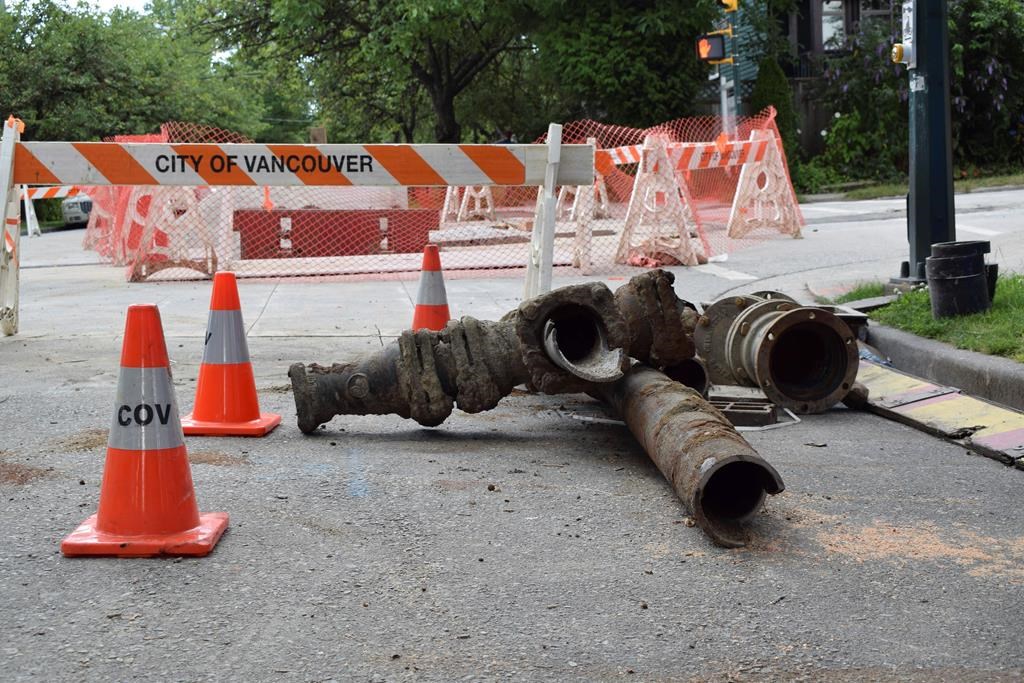A Calgary committee is recommending the city accelerate the replacement of 700 lead water service pipes with a combination of public and private money, with the property line serving as the demarcation.

Wednesday, the utilities and corporate services standing policy committee heard a report that 550 public and 150 private lead service lines need to be replaced to keep Calgary tap water in line with Health Canada’s maximum allowable concentration of the heavy metal. City administration estimated it would cost about $14 million to replace all 700 lines, with $2.5-million-worth of work on private property.
“The city would be responsible for getting it to your house,” committee chair and Ward 1 Coun. Ward Sutherland said. “And once it gets to the property line, then you’re responsible at that point.
“We’ll do all the work for you and get it all done.”

Sutherland agreed that homeowners should carry the cost of replacement, averaging $3,500 per home. Homeowners would be able to pay the full amount up front or have the amount added to their property taxes on an interest-free payment basis amortized over 15 years.

Get breaking National news
“What we are doing is participating in the cost to get it to you and also giving that particular loan, we’re upfront in the money and we’re charging no interest,” Sutherland said Wednesday.
Lead service lines were used in Calgary only between 1939 and 1947, when copper was not readily available during World War II. According to the City of Calgary, roughly 5,000 buildings were build in that time period.
The National Plumbing Code of Canada allowed for the use of lead in home pipes until 1975 and lead solder until 1986.
Maggie Choi, manager of infrastructure planning, told the committee issues of elevated lead levels are typically related to homes built before 1950.
“It is rare to find lead in Calgary’s drinking water,” Choi told committee.
“It is not naturally occurring in the Bow and Elbow rivers and there are no lead pipes at the water treatment plants or in the network of means that distribute water throughout the city.”
“It’s very limited properties, when you think about the hundreds of thousands of properties across our city,” Sutherland said. “It’s 500 residential and then 200 different parcels. So we want to accelerate and get rid of it as quickly as possible.
“Hopefully by 2023 will be probably the first city in all of Canada to be lead-free.”
Calgary has among the fewest lead service lines in Canadian cities at 550. Lead lines in Edmonton number 4,450.
The plan was forwarded to Calgary City Council, who is due to make a decision on Oct.5. The replacement work would be completed by 2023.












Comments